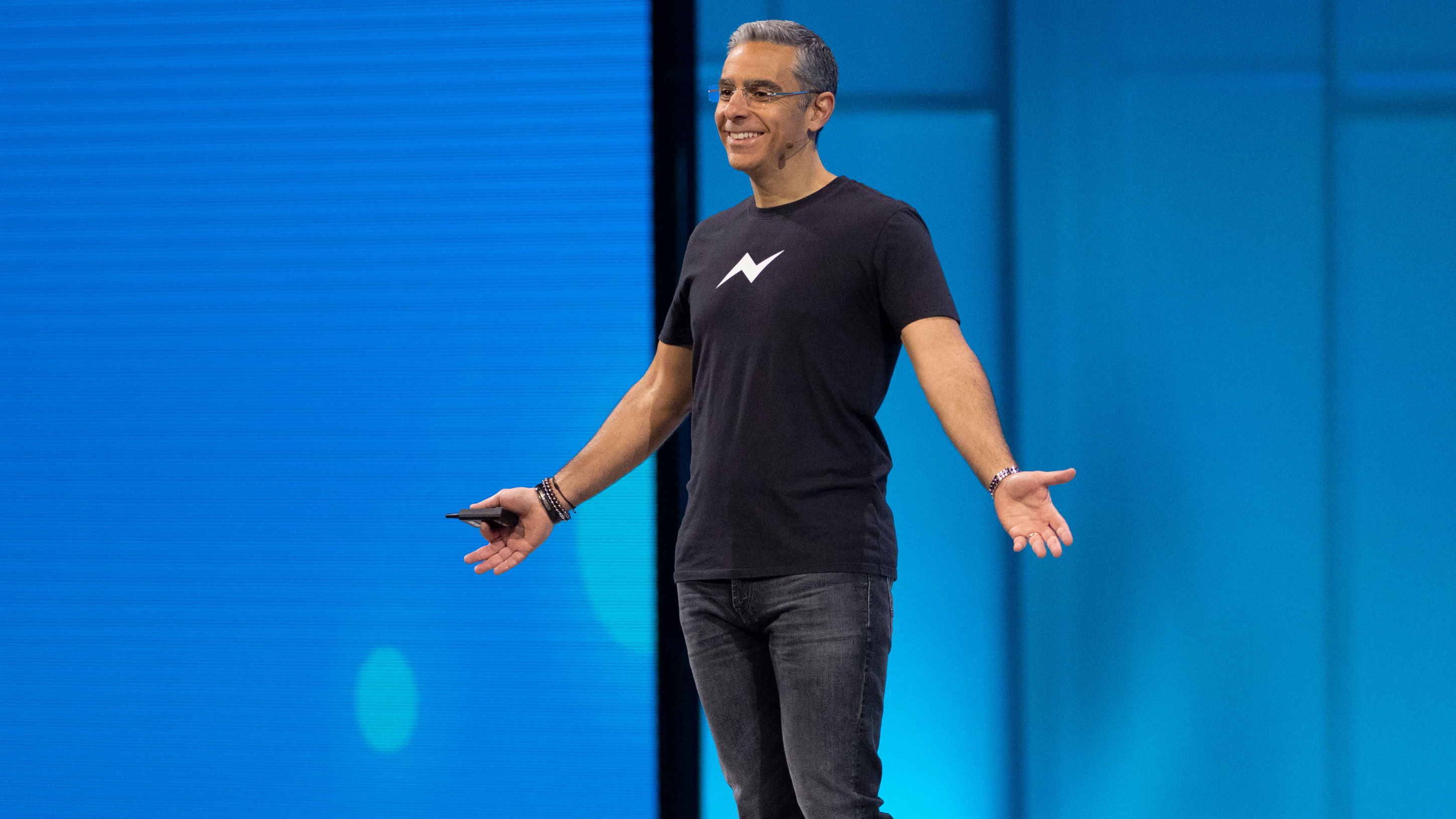We won’t control Libra, promises Facebook’s blockchain boss

David Marcus has written a post intended to give “clarity” to the critics of Libra, the blockchain network Facebook is trying to seed.
First, to those who say the system is not really decentralized: “We totally get the point,” Marcus wrote in the July 3 post. “But it was important to start with trusted entities that could operate in a regulated environment and with the operational expertise required to ensure the integrity of the network in its foundational stage.”
He reiterated that “we’re committed to gradually transitioning to a permissionless state in the years to come,” and added that in the meantime, “I’d argue that one hundred geographically distributed, industry-diverse organizations is quite decentralized.” (There are only 28 so far, however.)
According to Marcus, Facebook isn’t joking around about its commitment to financial inclusion. “We firmly believe that if Libra is successful, it can be a non-linear step change for billions of people who need it most.” Those are big words, and that’s an enormous “if.”
As for financial regulations, and where Libra sees itself fitting in: “At the core, we believe that a network that helps move more cash transactions—where a lot of illicit activities happen—to a digital network that features regulated on and off ramps with proper know-your-customer (KYC) practices, combined with the ability for law enforcement and regulators to conduct their own analysis of on-chain activity, will be a big opportunity to increase the efficacy of financial crimes monitoring and enforcement.” This kind of clarity won’t sit well with privacy advocates.
Finally, Marcus took a crack at answering a question we’ve asked before: What’s in it for Facebook? “If Libra is successful, Facebook will first benefit from it by enabling more commerce across its family of apps.” Down the road, “if we earn people’s trust with the Calibra wallet over time, we will also be in a position to start offering more financial services, and generate more revenue streams for the company.”
Intriguing, but at the same time that’s just another big “if.”
Keep Reading
Most Popular
Large language models can do jaw-dropping things. But nobody knows exactly why.
And that's a problem. Figuring it out is one of the biggest scientific puzzles of our time and a crucial step towards controlling more powerful future models.
The problem with plug-in hybrids? Their drivers.
Plug-in hybrids are often sold as a transition to EVs, but new data from Europe shows we’re still underestimating the emissions they produce.
Google DeepMind’s new generative model makes Super Mario–like games from scratch
Genie learns how to control games by watching hours and hours of video. It could help train next-gen robots too.
How scientists traced a mysterious covid case back to six toilets
When wastewater surveillance turns into a hunt for a single infected individual, the ethics get tricky.
Stay connected
Get the latest updates from
MIT Technology Review
Discover special offers, top stories, upcoming events, and more.